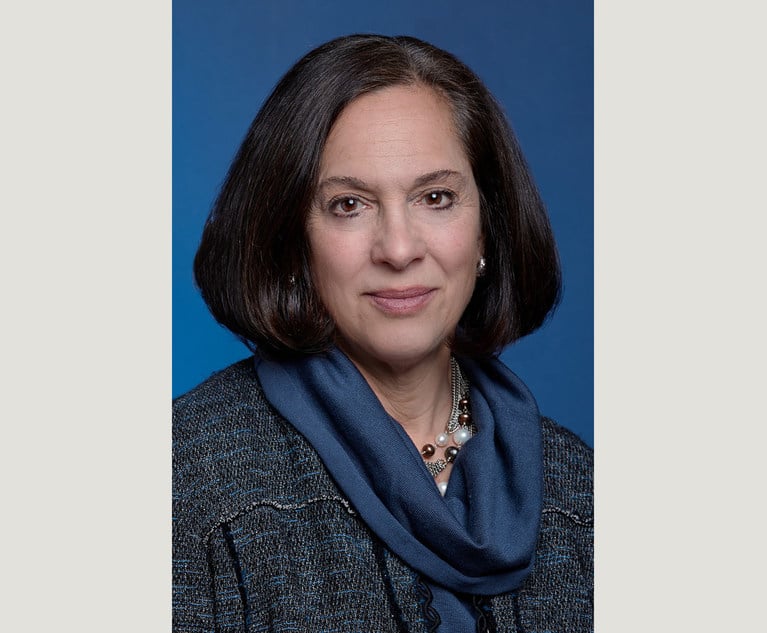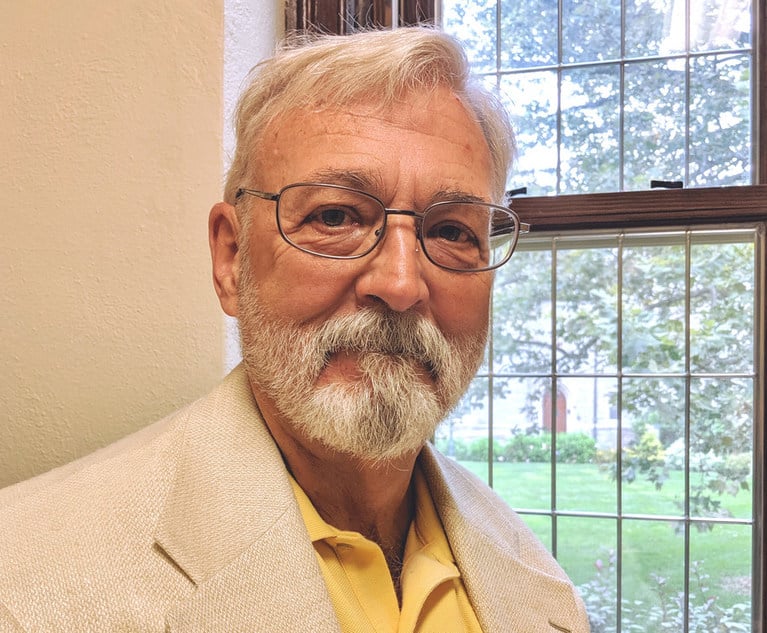Last week the Supreme Court of the United States issued one of its most important decisions of the year, Haaland v. Brackeen, in which the court affirmed the constitutionality of the Indian Child Welfare Act (ICWA), a federal law that protects the well-being and best interests of Indian children and families. This was the U.S. Supreme Court’s first ruling on ICWA since Adoptive Couple v. Baby Girl, the 2013 decision in which a 5-4 court ruled that a Cherokee father couldn’t rely on ICWA to block his biological child’s adoption. Since that time, the structure of the Supreme Court has changed, and eyes were on Justice Neil Gorsuch. In my view, he did not disappoint.
But first some history. Congress enacted ICWA in 1978 to re-establish Tribal authority over the adoption of American Indian and Alaska Native (AI/AN) children. Its goal was to strengthen and preserve Native American family structure and culture. Legislative history showed that between 25% and 35% of all Native children were being removed from their homes by state child welfare and private adoption agencies, and that of those, 85% were placed with non-Native families, even when fit and willing relatives were available. ICWA was intended to be a safeguard that requires placement cases involving Native American children to be heard in tribal courts, and when possible, permits a child’s tribe to be involved in state court proceedings.
This content has been archived. It is available through our partners, LexisNexis® and Bloomberg Law.
To view this content, please continue to their sites.
Not a Lexis Subscriber?
Subscribe Now
Not a Bloomberg Law Subscriber?
Subscribe Now
LexisNexis® and Bloomberg Law are third party online distributors of the broad collection of current and archived versions of ALM's legal news publications. LexisNexis® and Bloomberg Law customers are able to access and use ALM's content, including content from the National Law Journal, The American Lawyer, Legaltech News, The New York Law Journal, and Corporate Counsel, as well as other sources of legal information.
For questions call 1-877-256-2472 or contact us at [email protected]


 Joette Katz, a partner with Shipman & Goodwin. Courtesy photo.
Joette Katz, a partner with Shipman & Goodwin. Courtesy photo.




